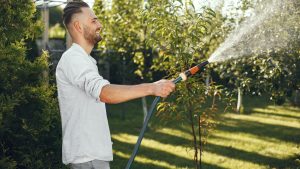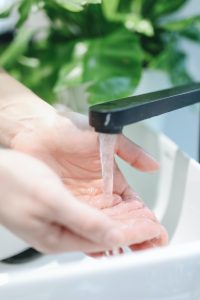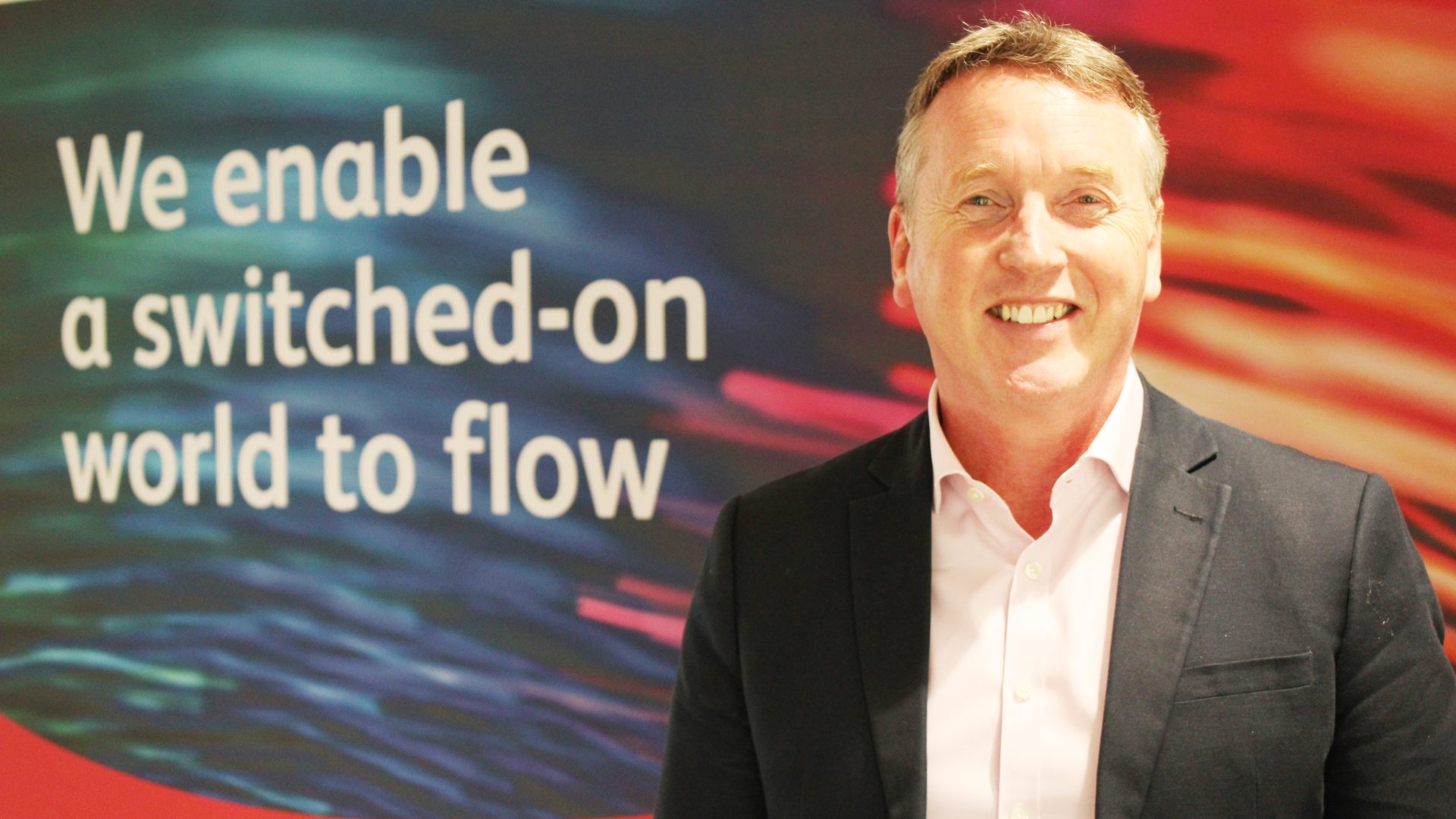2022 bore witness to a shift change in the conversation around water’s place as a precious natural resource. It was a year that was punctuated by heatwaves and hosepipe bans, subsequently raising water’s standing in the national consciousness. With a cost-of-living crisis that is continuing to dig its heels in, consumers are understandably keen to have greater visibility over their bills and water usage.
Ofwat’s latest PR24 methodology – which clearly states that it will support funding for smart meters, and encourages water companies to embrace real time data – is a positive step in the right direction. This move will empower water companies to embrace smart water metering, invest with confidence, provide greater value for consumers, and ultimately help to further the conversation around water stewardship in England.
The next one to two years can be pivotal for the water industry. So, with this in mind, here are four trends that we can expect to gain traction over this period.
Consumers will want increasing visibility over bills
The general rule of thumb with smart water metering is that if you have less people living in your house than bedrooms, you would stand to save money by going on a metered bill, rather than a standard tariff. As the cost-of-living and utilities crises continue, it makes sense that consumers are going to want increased visibility over their usage and bills. Crucial to achieving this is smart metering, which will provide consumers with autonomy, allowing them to turn insight into action. However, the benefits to this aren’t simply limited to the consumer. It presents an opportunity for water companies to increase engagement, and work with their customers to identify opportunities for action. For instance, depending on the granularity of the data, push notifications will allow water companies to suggest water saving opportunities derived from shorter showers, or exactly how much water your garden hosepipe is using particularly during the summer months.
This also presents an opportunity for improved customer service. We’ve all witnessed first-hand the in-app customer experience revolution that’s taken place over the last couple of years. Challenger banks are a good example of how an accessible, always on app can help to foster an open line of communication between enterprise and consumer. In Utilities, with the right data and mechanisms in place to deliver these insights, there is an open opportunity for consumers to drive a reduction in their bills.
Data is the keystone
As water companies look to roll out smart water meters, it’s imperative that the data generated isn’t wasted, and is used to shape their strategy moving forward. To successfully address issues around water scarcity, water companies are going to have to get the messaging spot on when engaging with the consumer. To do this, they need access to good data that is consistent, timely and near real-time. However, it’s also what they do with the data that’s important.
With enough AI applied to data, water companies will be able to get creative. For instance, in Surrey, they are starting to use AI suites that can accurately predict the problems that arise in the supply side of the network. The technology that analyses data is critical, and it’s the insights that are driven from this data, that will define how metrics evolve. Additionally, data will be crucial to inform the necessary strategy to allow water companies to reorganise their business processes to tackle leakages.
The moral argument will become more pronounced
 2022 was the hottest year on record in England, and with it came fires and hosepipe bans. While water historically hasn’t been as valued amongst the national consciousness as other utilities, the conversation is already starting to shift in the right direction. There is a growing awareness that water is an essential and precious natural resource that needs to be stewarded, and the conversations around global water scarcity and quality at COP27 are indicative of this shift in mindset.
2022 was the hottest year on record in England, and with it came fires and hosepipe bans. While water historically hasn’t been as valued amongst the national consciousness as other utilities, the conversation is already starting to shift in the right direction. There is a growing awareness that water is an essential and precious natural resource that needs to be stewarded, and the conversations around global water scarcity and quality at COP27 are indicative of this shift in mindset.
That said, words must be followed up with action. Failing to do so would be catastrophic. In England, we’re going to need more than 3.4 billion additional litres of water per day by 2050, a 23 per cent increase on today’s levels. What is already a stark figure, is compounded by the fact that 3.2 billion litres of water are lost to leaking infrastructure each day.
We all, as water consumers at home or in our workplaces, have a critical part to play in reducing demand. Whether it’s concerns around the continuation of supply, heatwaves, or managing the environmental impact when heavy rain falls, the moral argument against inaction, and for increased water stewardship in the face of water scarcity will become more pronounced.
Metering will serve to protect England from future hosepipe bans
 This summer’s heatwave proved to be a stark warning sign for the UK’s infrastructure. Hosepipe bans swept across the country as temperatures reached 40 degrees in some areas. While bans are understandably an inconvenience, they are brought in because hosepipes use such vast amounts of water. Just one hour of hosepipe usage can be the equivalent of a family of four’s water usage for two full days.
This summer’s heatwave proved to be a stark warning sign for the UK’s infrastructure. Hosepipe bans swept across the country as temperatures reached 40 degrees in some areas. While bans are understandably an inconvenience, they are brought in because hosepipes use such vast amounts of water. Just one hour of hosepipe usage can be the equivalent of a family of four’s water usage for two full days.
But what if there was an alternative way? What if consumers could understand their water usage patterns in full? For some, it might be that the shower is where the most water is used, or while washing up, and that in fact, they can use their hosepipe as normal, but that usage habits in other parts of the house can be altered. This is where smart water meters can really drive value, especially when partnered with an intuitive and customer-friendly portal, driven by real-time data. A smart meter rollout in 2023 and beyond would help serve to protect England from future hosepipe bans.
While most water companies appear to have high ambitions for AMI smart metering deployments from 2025 onwards, we don’t fully yet know how they are going to respond to Ofwat’s PR24 metering imperative. However, what water companies do have is the chance to prepare to deliver on these ambitions. Water companies have the opportunity to transition to becoming fully-fledged data-driven enterprises that deliver on improved customer experience, elevate water in the national consciousness, and enable the general public to play a greater role in the stewardship of water.



